Ocean Bridge Direct Action 2021-2022
Map Locations
| Name | Description | Added by | |||
|---|---|---|---|---|---|

|
BC Parks Foundation | Where: Field placements spanning BC Parks including Golden Ears, Mt. Cypress, Mt. Seymour, Squamish (Stawamus Chief, Shannon Falls, Alice Lake, Garibaldi), and Porteau Cove. Partner: Kate Le Souef, Peyton Bradley As the official charitable partner of BC Parks, the BC Parks Foundation is leading an expedition to create the best park system in the world. We do this by working to protect, enhance and sustain our parks, while inspiring and connecting people to them. Direct Action participants will join the Discover Parks team to engage with members of the public about local plants and animals, outdoor safety and park facilities. They will also have the opportunity to research and develop their own programs around topics that are of interest to them (and are also relevant to the Parks they’re working in). They will be contributing to citizen science by collecting observations of nature through the iNaturalist app, and promoting the use of the app to members of the public. Each weekend, participants will be based at a different park site. Additional tasks could include writing blog posts for BC Parks Foundation, organising local bioblitzes and developing educational material about ocean topics. Participants: Janice Hua, Sandra Al-Samman, Yuki Graham 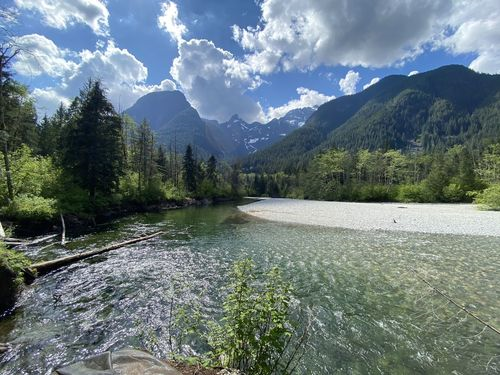 |
Samantha Wilde | ||

|
Kluane Lake Research Station | Where: Kluane Lake Research Station, Yukon Territory Partners: Kristina Miller, PhD candidate at the University of Calgary; Dr. Matthew Ayre and Dr. Henry Penn, Managers, Kluane Lake Research Station The Arctic Institute of North America is home to the Kluane Lake Research Station (KLRS) which is located 220 km northwest of Whitehorse, Yukon, on the south shore of Kluane Lake, on the traditional lands of the Kluane, Champagne-Ashihik and White River First Nations. The station was established in 1961 and has provided support to researchers from across Canada and around the world. The extreme elevation difference between Kluane Lake and the crest of the St. Elias Mountains establishes a strong gradient in environmental attributes and results in a remarkable diversity of research opportunities within a small geographical area. This diversity is reflected in the unique scientific legacy of KLRS across the disciplines of glaciology, geomorphology, geology, biology, botany, zoology, hydrology, limnology, climatology, physiology, anthropology and archaeology and in over 1500 scientific publications, many of which are described in the Kluane Lake Research Station Bibliography. The participant will work as a research assistant to Kristina Miller, a University of Calgary PhD candidate. Kristina’s work is looking at the water inputs and outputs for Kluane Lake, which is Yukon’s largest. Climate change has fundamentally altered the inputs to the lake as of 2016 when almost overnight the meltwater from the retreating Kaskawulsh Glacier entirely changed its watershed and no longer flows into the lake. The unique location and size of Kluane Lake makes it a key indicator of climate change in the sub-arctic region. The participant will assist Kristina in the collection and preparation of water samples from the lake and its surrounding streams in the St. Elias and Ruby mountain ranges. This fieldwork involves travelling to remote locations surrounding the lake and boat-based work on the lake. Within the scope of this work the participant will be responsible for their own project monitoring and modelling stream water levels. This will be achieved through the setup and maintenance of at least two steam monitoring stations and channel morphology surveys. Participant: Nadja Smith-Hanson 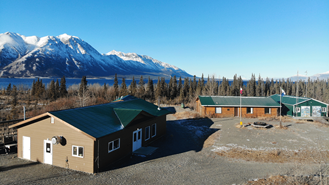 |
Samantha Wilde | ||

|
The Deanery Project | Where: Field placement based on the Eastern Shore of Nova Scotia Partners: Charles Williams (Program Director) & Kim Thompson (Executive Director) (902) 845-1888. Additional mentors will be involved depending on the scope of the project the participants engage with. The Deanery Project is an environmental and arts learning centre located 60 km east of Halifax on unceded Mi’kmaw lands. As an experiential and applied field research lab and demonstration site, the Deanery works with a wide range of partners including Dalhousie University, NS Community College, HeartWood Centre for Community Youth Development, Nova Scotia Sea School, New Immigrant Programs, Canada World Youth, Ecology Action Centre, Brilliant Labs, and the Canadian Wildlife Federation. Year-round programming includes opportunities ranging from forest, ocean, and natural building workshops to the creative arts, food and bicycle projects and traditional knowledge and skill sharing. The arts and permaculture design principals inform all we do. Direct Action participants will create a project combining research, education, outreach and awareness around climate issues. Based on their interests, projects may include Coastal Mitigation and Restoration (designing experiments and developing educational materials around eco-restoration), Seaweed Harvesting (producing educational materials to be shared with the local community), Open Pen Fish Farms (participating in research and organization to shift policy around open pen fish farms), Foraging/Wildcrafting (working with a variety of community members to develop educational materials), and Artist in Residence (developing programming and strengthening relationships with local artists). Participants: TBD 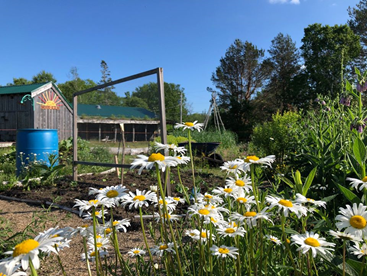 |
Samantha Wilde | ||

|
British Columbia Cetacean Sightings Network (1) | Where: Virtual Placement Partner: Lauren Dares; with additional mentorship from Jessica Scott, Sarah Wilson, Dr. Valeria Vergara and Dr. Lance Barrett-Lennard This placement is for a research assistant with Ocean Wise’s British Columbia Cetacean Sightings Network (BCCSN), primarily focused on managing citizen science data and applying opportunistic sightings data to answer research questions about cetacean occurrence and distribution in British Columbia. For more than 20 years, the BCCSN has collected sightings of cetaceans (whales, dolphins, and porpoises) and sea turtles from coastal citizens throughout British Columbia and now maintains an ever-growing database of more than 130,000 sightings records. Participants will help with processing sighting reports, responding to citizen scientist observers, data entry to BCCSN’s historical database of cetacean sightings, and communicating research project findings to the public via blogs or other media. Participants will also get to complete a research their findings to further our knowledge of cetacean occurrence and distribution in B.C. and to contribute to future conservation planning and/or risk management for our oceans. Sightings reported to the BCCSN are used for conservation-based research projects as well as species status reports, environmental impact assessments, and for applied conservation tools like the WhaleReport Alert System (WRAS) Whalereport Alert System - Ocean Wise Research and EMSA (a Transport Canada maritime situational awareness tool). Processing and data entry of sightings and responding to observers are key components of ensuring the availability of these data for marine conservation purposes. Participant: TBD 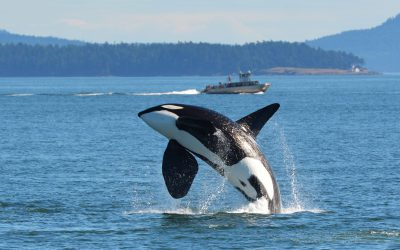 |
Samantha Wilde | ||

|
Ocean Wise Conservation Genetics Lab | Where: Virtual placement with some on-site time at the Pacific Science Enterprise Centre (PSEC) where Ocean Wise Research Institute has space in the Fisheries and Oceans Canada laboratory facility Partner: Dr. Adam Warner, Research Scientist/Conservation Genetics Lab Manager Genomics is a valuable tool in the world of conservation, and new technology and innovation is opening up entirely new avenues to accomplish conservation goals. In the Conservation Genetics lab at Ocean Wise, we have killer whale fecal samples that we have isolated DNA from and are in the process of using nanopore-based DNA sequencing to develop a genetic fingerprint for each fecal sample. As part of this placement, participants will learn how the DNA sequencing process works, help to develop genetic fingerprints for each fecal sample, and match those fingerprints to particular killer whales. As the final part of this part of the project, participants will help create an interactive learning tool that would help educators and people in the community learn about how genetic fingerprints are used to identify a specific individual. For the second part of the project, we will use DNA sequencing to see what species of organisms we can find in isolated sea water samples. In the Conservation Genetics lab we are currently carrying this out using seawater samples collected near surfacing humpback whales, and it would be exciting to see what types of species we can identify in seawater isolated by Direct Action participants in other locations. Participants may also spend 2 weeks in West Vancouver at PSEC to help process the water samples, isolate the DNA within, and use DNA sequencing to identify the species present. Participant: TBD 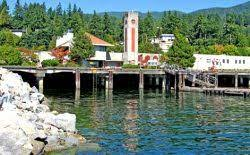 |
Samantha Wilde | ||

|
Riparia | Where: Virtual placement Partners: Dalal Hanna, Andrea Reid Riparia works to create better connections between youth and science on the water through free hands-on educational programming. Participating in the behind the scenes work that takes place to make these programs happen is of significance for freshwater conservation, in that our programming helps create lasting relationships between people and water that should help compel them to act to protect freshwaters for the rest of their lives. Learn more HERE. Direct Action participants will contribute by leading Riparia’s annual sponsorship campaign, developing the application for Riparia’s research concerning programming impact, and creating compelling maps of the areas in which Riparia’s sleepover and day camp take place. Participants are also encouraged to develop a pet project that is of personal interest and contributes to advancing Riparia’s mission. Participant: TBD 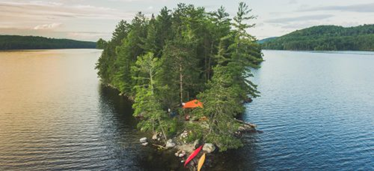 |
Samantha Wilde | ||

|
Project Watershed | Where: Virtual & Field based in the Comox Valley, BC Partner: Virginia East, Jennifer Sutherst, Caitlin Pierzchalski Project Watershed is an ENGO working within the Comox Valley and northern Salish Sea to promote watershed stewardship through information, education, and direct action. Our work largely focuses on restoration, research, and education/outreach on coastal, nearshore, and marine ecosystems. This project focuses on engaging with a network of groups & citizen scientists who are actively monitoring local beach for forage fish (specifically Pacific sand lance and surf smelt – both eggs and live/dead adults and juveniles). This project aims to map forage fish habitat and document abundance for species who remain relatively unstudied in this area. Direct Action participants will have several field work opportunities including post-processing, microscopy, data entry, and event coordination. They will also hep with volunteer engagement, writing for newsletters and online media, supporting technical writing and reporting, and collecting local ecological knowledge and Traditional ecological knowledge surveys on forage fish in the northern Salish Sea. Participant: TBD 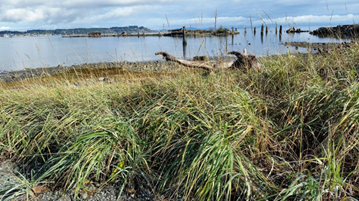 |
Samantha Wilde | ||

|
Cetus Research and Conservation Society | Where: Field placement on West Cracroft Island, BC Partner: Nicola Rammell, Warden Program Coordinator Cetus Research & Conservation Society is a non-profit marine conservation organization dedicated to protecting the lives of whales in the wild through research, education and direct intervention. Cetus was founded in 2005 to address the increasing endangerment of BC's killer whales due to human activities and focuses directly on one of the three key contributors to killer whale endangerment: vessel traffic disturbance. They work in the field to protect whales and other marine mammals from harassment and harm. As vessel traffic in the region increases, Cetus's work becomes more and more crucial to their survival. Participants will be working at the Eagle Eye facility as part of the Robson Bight Warden and Straitwatch programs, monitoring Northern Resident Killer Whales. This is an exciting opportunity for participants to live and work on remote West Cracroft Island, camping for several months while immersing themselves in the natural world. Participants:
Julia Roberts, Megan McKenzie,
Nikolay Senilov, Simon Grieshaber-Otto 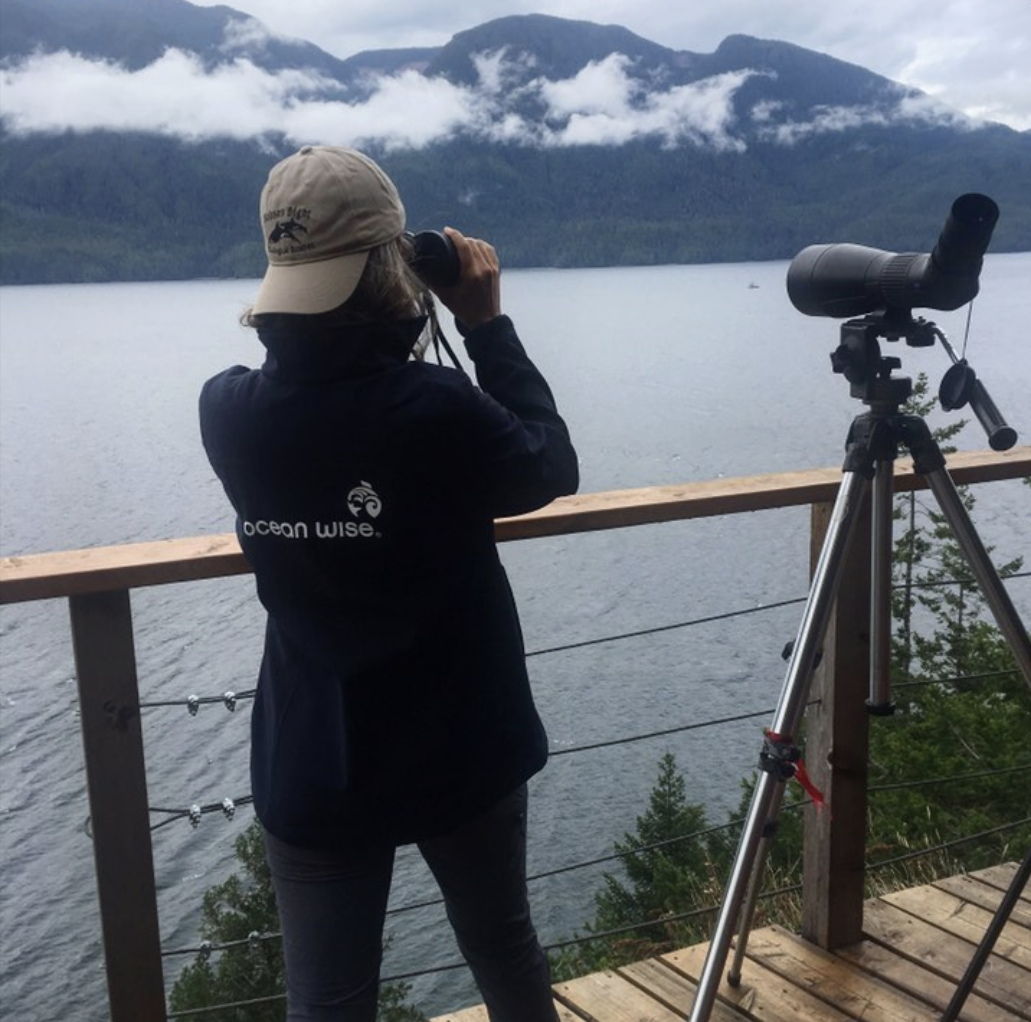 |
Samantha Wilde | ||

|
Parks Canada: National Office, Marine Conservation | Where: Virtual placement Partner: Pippa Shepherd This placement is with Parks Canada Agency – National Office Marine Conservation Unit, within the Conservation Programs Branch of the Protected Areas Establishment and Conservation Directorate. It incorporates research on:
Participants will collaborate on this research and develop best practice recommendations on Parks Canada recreational fishing management, monitoring and assessment of recreational fishing at both site and national levels. Participant: Kara Guloien 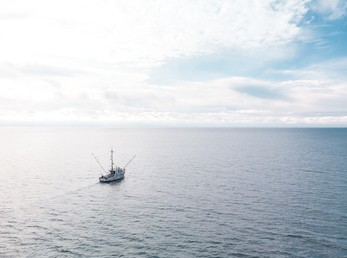 |
Samantha Wilde | ||

|
Strawberry Isle Marine Research Society | Where: Field / virtual placement based in Clayoquot Sound, BC Partner: Karyssa Arnett, Executive Director Strawberry Isle Marine Research Society (SIMRS) is a not-for-profit organization dedicated to research, monitoring, and education since 1991. SIMRS is based on the West coast of Vancouver Island, British Columbia and conducts work within and between Barkley and Clayoquot Sounds. SIMRS achieves these goals through several different initiatives, including Bigg’s Killer Whale Monitoring, Build-A-Whale, the Sea Star Stewardship Program, the Ocean Literacy Program, the BC Marine Mammal Response Network, and Pelagic Marine Species Surveys. Depending on the timing of the placement, participants will assist in both field research and office work, contributing to many or all SIMRS initiatives. Duties may include data collection and database management for both the whale monitoring and sea star monitoring programs; providing education and outreach both in-person and virtually, such as social media, blogs, website development, video creation, ArcGIS Storymaps, and public events. Participants may also travel (restrictions permitting) to various locations throughout BC as part of the Build-A-Whale Program. Participant: Jesse Gruneau 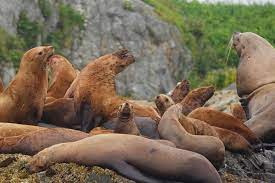 |
Samantha Wilde | ||

|
Ocean Wise Marine Mammal Research: Beluga Bioacoustics | Where: Virtual placement Partner: Valeria Vergara, Acting Director, Marine Mammal Research Program All marine mammal species are affected by human activities. Some of these activities, which may result in competition for fish and underwater noise, can impact the health of individual marine mammals and impede or prevent the recovery of their populations. The Marine Mammal Research Program’s current projects and initiatives involve monitoring and protecting marine mammals in regards to issues relating to population status, prey availability, underwater noise, contaminants, ship strike avoidance, and the effectiveness of mitigation measures. With just under 900 individuals, the St. Lawrence Estuary beluga population was listed as endangered under the Canadian Species at Risk Act (SARA) in September 2016. The population has been steadily declining since the early 2000s, a trend that may be accentuated by a recent unprecedented increase in calf mortality. Various factors have been proposed to play a role: climate change and shortage of food supplies, toxic algal blooms, pollution, and increased underwater noise and anthropogenic disturbance. Marine Mammal Research Program researchers are working with GREMM (Group for Research and Education on Marine Mammals) to study underwater noise in a key summering habitat of this endangered population and investigate its potential impacts on beluga communication, particularly on the system of contact calls used between mothers and their dependent calves. Results of this study will contribute to developing sound mitigation efforts in critical beluga habitat. Participants: Raina Fan + Victoria Smart 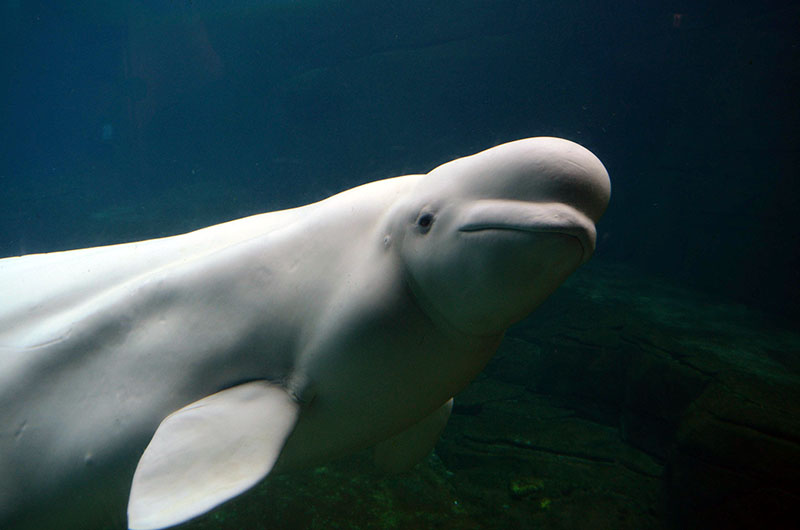 |
Samantha Wilde | ||

|
Assiniboine Park Conservancy | Where: Field placement based in Winnipeg, Manitoba Partner: Stephen D. Petersen, MSc PhD (Director, Conservation and Research), C-Jae Breiter, MSc (Research Conservation Specialist), Ashleigh Westphal, MSc (Conservation Technician), Karen Lind, MSc (Manager, Education and Programs), Renata Machado, (Sustainability Coordinator) Research programs at Assiniboine Park Zoo are aimed to support the betterment of wildlife in our care and to assist conservation efforts in the wild. Researchers at the Leatherdale International Polar Bear Conservation Centre are engaged in a number of exciting and valuable research projects that will continue to expand our collective knowledge and understanding of the incredible animals with whom we share the planet. This placement will provide the Direct Action participant the opportunity to work closely with our researchers, educators, and sustainability coordinator on several different projects, including Beluga Bits, where the data from the snapshots uploaded to the Zooniverse is collected and analyzed to help our researchers better understand ocean health and the social structure, habitat preferences, and life histories of the Western Hudson Bay beluga population. Participants will contribute to our citizen science project, engaging and inspiring youth as citizen scientists and aquatic conservation leaders around ocean health, climate change, marine and aquatic conservation. They will also help to plan a Shoreline Clean-Up along the banks of the Assiniboine River and to work with further developing sustainable organizational operations. Participant: Sara Wolowich-Brown 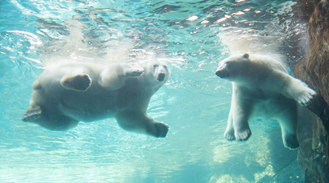 |
Samantha Wilde | ||

|
Ocean Wise Plastics Lab | The Ocean Wise Plastics Lab conducts research to chemically identify the source of microplastics found in the environment; to mitigate the harm caused by microplastics to the oceans, we need to better understand source, transport, and impact of microplastics. This is a part virtual placement with part on-site time at the Pacific Science Enterprise Centre (PSEC) where Ocean Wise Research Institute has space in the Fisheries and Oceans Canada laboratory facility in West Vancouver. This placement involves assisting in laboratory techniques to identify suspected polymer microparticles in the environment. Participants will also assist in data analysis and reporting to draw conclusions to inform solutions for stopping the flow of microplastics. There is many opportunities at the Plastics Lab, and specific project can be matched to align with your passions and interests. 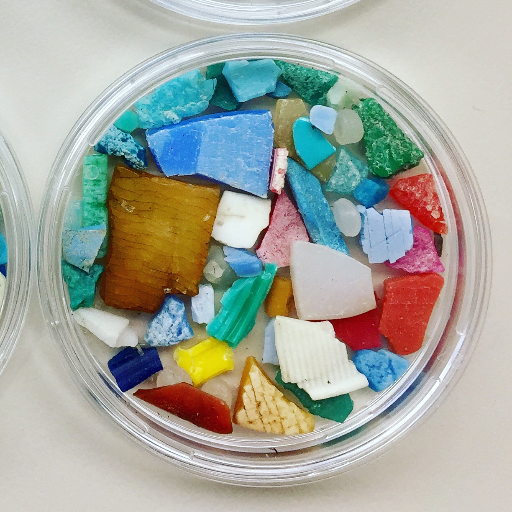 |
Samantha Wilde | ||

|
Ocean Wise Plastic Reduction Program | Ocean Wise launched the Plastic Reduction Program (PRP) in February of 2021 to empower food businesses to be part of the solution to plastic pollution. Through expert support and science backed tools, the Plastic Reduction Program helps partner businesses measure their plastic footprint, identify opportunities to reduce, refuse, reuse, or better recycle plastics, and amplify their efforts through community building and storytelling opportunities. As a new and growing program, there are many opportunities for participants to get involved in alignment with their passions and interests. Some projects involved in this placement are:
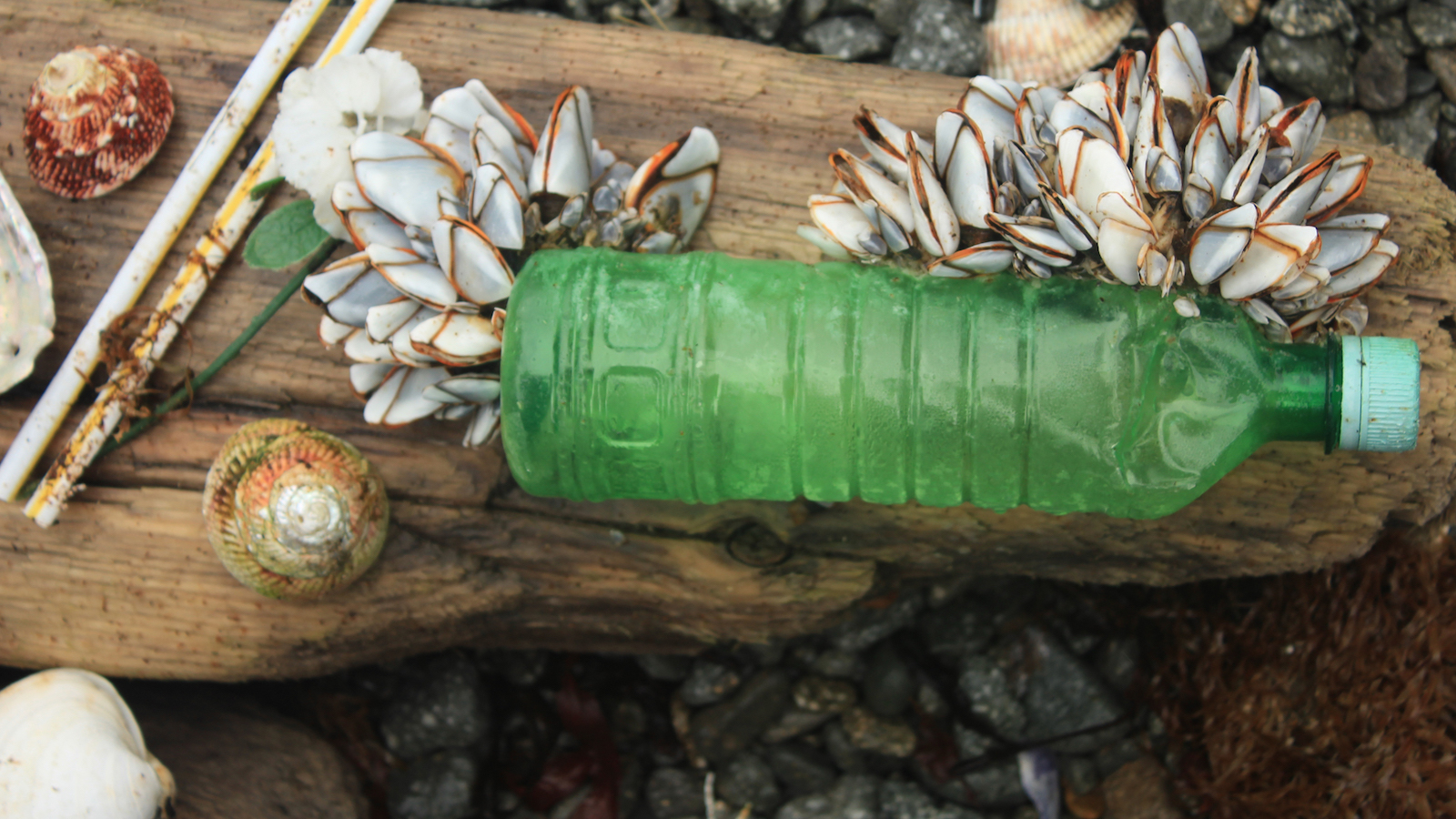 |
Samantha Wilde | ||

|
Great Canadian Shoreline Cleanup | The Great Canadian Shoreline Cleanup is an ocean and freshwater health initiative inspiring community scientists to keep their local waterways healthy and flourishing, while they take action for change on a global level. The litter data collected by our citizen scientists has informed plastic policy at the municipal, provincial and federal level in Canada. Ocean Wise and WWF-Canada are committed to growing the program to achieve our mission: to inspire Canadians to keep all shorelines free of litter. This placement will involve communications and engagement work, including managing their social media platforms, sharing and creating stories, and assist with planning International Coastal Cleanup month. Other projects will include maintaining and creating story maps to visualize all program data in real time by province, region, watershed, litter type, year, etc. The other major project that this placement involves is community outreach. Participants will be able to complete cleanup and plastic pollution remediation landscape analysis across North America and manage Shoreline Cleanup’s current outreach strategy. This virtual placement involves some on-site work depending on location, such as in-person clean-ups! 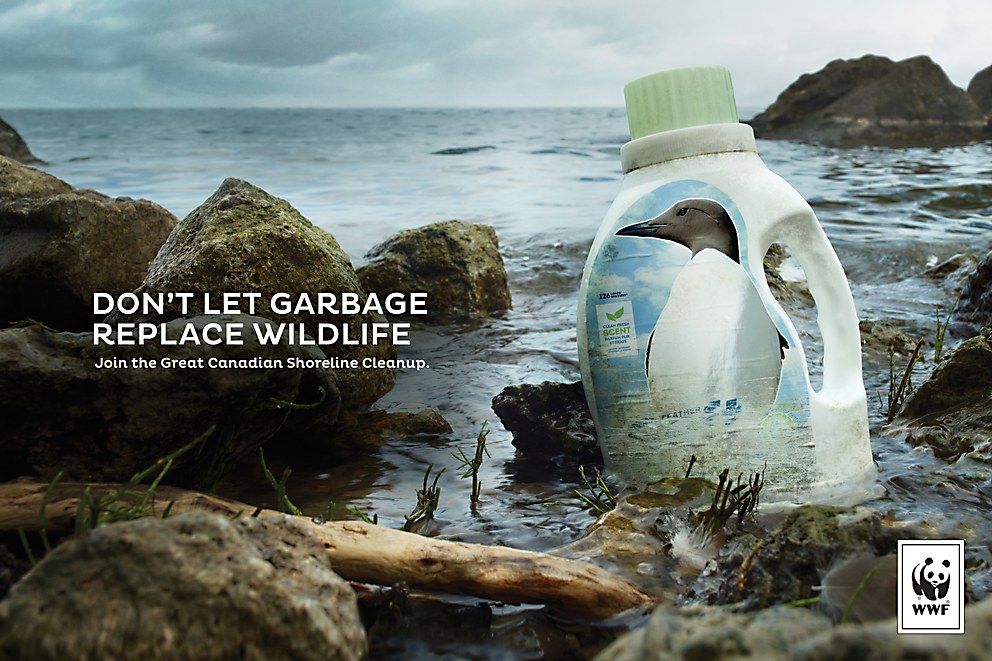 |
Samantha Wilde | ||

|
Ocean Wise North Coast Cetacean Research Initiative | Where: Prince Rupert, BC Partner: Karina Dracott, Research Manager The North Coast Cetacean Research Initiative (NCCRI) was established in Prince Rupert in 2014 and has since grown to become a dynamic community-based program of cetacean research, conservation, and public outreach with broad collaborative links with industry, government, First Nations, and educational institutions. This placement will provide support to the North Coast Cetacean Research Initiative Program through the end of the summer field season and into the fall. Duties include vessel-based cetacean surveys and photo identification research, maintaining a humpback whale photo identification catalogue and database, responding to sightings submitted to the BC Cetacean Sightings Network, and participating in data entry. This placement will also undertake outreach and education efforts, including supporting social media channels, writing blogs, and engaging in public engagement activities (if and where appropriate). Participant 1 (June): Rhys Jenson Participant 2 (September): Cierra Hart 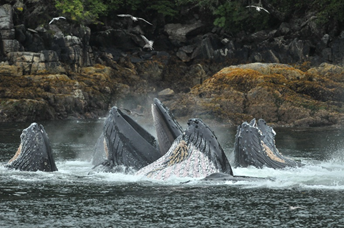 |
Samantha Wilde | ||

|
Great Lakes Television Series: Oak Island Films, Smithsonian, TV-O | Where: Virtual placement Partner: Ted Oakes This is a ‘trainee natural history TV researcher and public engagement position’. Direct Action participants will be mentored by Dr. Ted Oakes, President of Oak Island Films Ltd helping to research and deliver an international TV, high profile TV series on the Great Lakes watershed which includes some stories in the Gulf of St Lawrence. The project is a collaboration between TVO and Smithsonian and has an ambitious education and outreach program with the Royal Canadian Geographic Society. Nearly as wide as the Atlantic Ocean with three of Earth’s five largest lakes, this spectacular watershed contains one quarter of our planet’s available freshwater; and yet, we’ve rarely seen it before on the screen. But how were these lakes formed and how have its animals, plants and people been shaped by the extremes of this vast watershed? For the first time we reveal the natural history secrets of one of our planet’s most important, beautiful and forgotten ecosystems: North America’s Great Lakes. Participants: Ella Van Cleave, Julia Trombley, Chevaun Toulouse 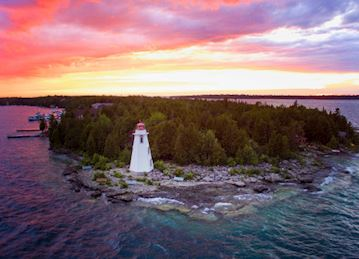 |
Samantha Wilde | ||

|
BC Cetacean Sightings Network (2) | Where: Field placement based in Victoria, BC with regular travel around Southern Vancouver Island and the Southern Gulf Islands Partner: Aaron Purdy, SVICRI Coordinator; with additional mentorship from Jessica Scott, Sarah Wilson, Dr. Valeria Vergara and Dr. Lance Barrett-Lennard Ocean Wise’s British Columbia Cetacean Sightings Network (BCCSN) is a citizen science initiative which collects sightings of cetaceans (whales, dolphins, and porpoises) and sea turtles from mariners, recreational boaters, and coastal citizens for conservation-based research, and now maintains an ever-growing database of more than 130,000 sightings records. The Direct Action participant will support the Coordinator of the Southern Vancouver Island Cetacean Research Initiative (SVICRI) in Victoria by helping to promote Ocean Wise research with local community members through a combination of online and in person engagement, hosting public outreach events, educating ocean-goers on the WhaleReport Alert System (WRAS) Whalereport Alert System - Ocean Wise Research, conducting land-based cetacean surveys on Saturna Island to collect data on harbour porpoise habitat use and vessel presence, and sharing research through online content. Participants will also get to examine data on the BCCSN’s past engagement strategies to determine the benefits of each type of outreach, informing how to focus our efforts in the future in regards to citizen science and cetacean conservation. Participant: Kenadee Maxwell 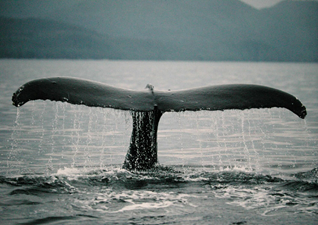 |
Samantha Wilde | ||

|
Ontario Turtle Conservation Centre | Where: Field placement based in Peterborough, Ontario Partner: Wendy Baggs, OTCC Education Coordinator The Ontario Turtle Conservation Centre (OTCC) is a fully integrated turtle hospital and education centre for at-risk native freshwater turtles providing a unique service to mitigate the impact of vehicle collisions and other threats to Ontario's at-risk native freshwater turtle species. All eight of Ontario's turtle species are now listed as at-risk by the Committee on Endangered Wildlife in Canada (COSEWIC). Programs have a direct and measurable impact, and include treatment, rehabilitation and release of injured turtles, hatchling program to replenish populations, field research, and education, outreach, and tours (currently virtual) of the hospital and conservation centre. Direct Action participants will be an integral part of OTCC’s medical, education, outreach and community engagement team. They will play a key role in the husbandry and rehabilitative care of injured turtles, as well as the care of eggs and hatchlings. OTCC generates a wealth of data through its work, and the participants will be responsible for organizing the data into a form that can be shared with our partner organizations. Participants will also be responsible for delivering tours, workshops and programs to visitors to our Education Centre and provide outreach sessions across the province. Currently, due to COVID-19 restrictions, these programs are continuing in an on-line format which has been very well received. The OTCC also partners with conservation authorities, including Otonabee Region Conservation Authority, and summer camps, such as Camp Kawartha, to deliver programs throughout the summer months. Our educational programs leverage the natural intrigue that people have with turtles along with the turtle hospital and its work. Participants: Skylar Meik, Niki Coutinho 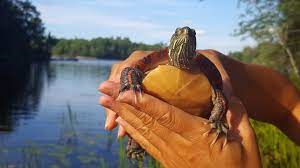 |
Samantha Wilde |
